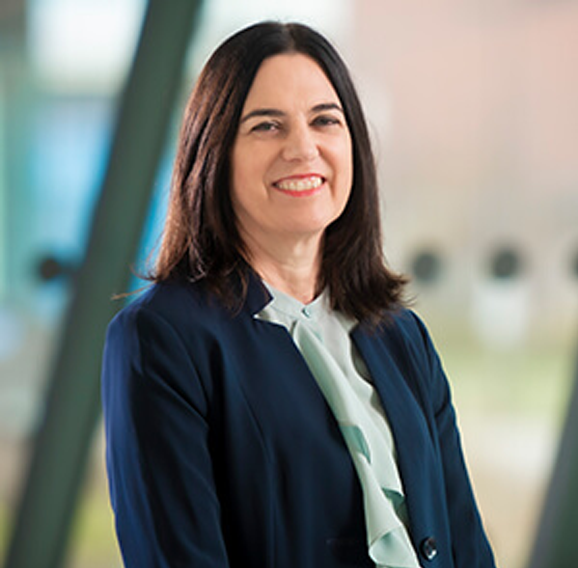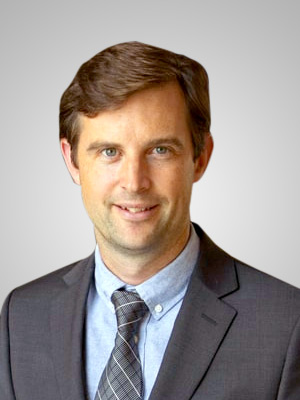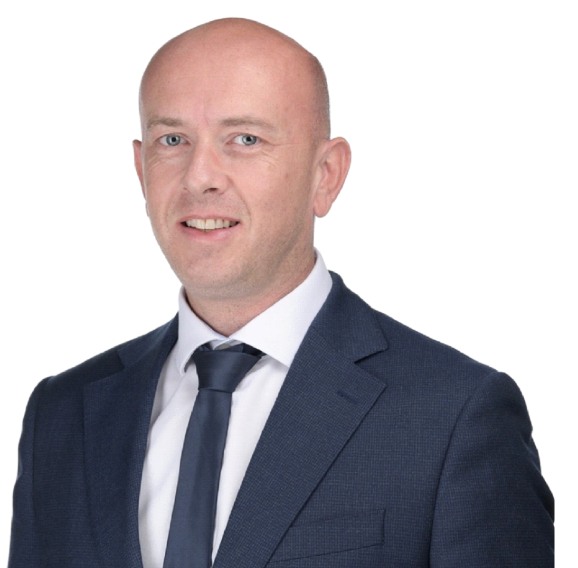Katie Normington
Professor Katie Normington joined De Montfort University as Vice-Chancellor in 2021 from Royal Holloway, University of London, where she was Deputy Principal (Academic).
Following her arrival at DMU, Katie launched a university-wide consultation to co-create a new strategy to ensure the university remains relevant and continues to meet people’s real needs in the decades ahead. The consultation process involved staff, students, governors, external stakeholders and experts. DMU’s Board of Governors has since approved the ‘strategy on a page’, which will inform further work to develop university plans and supporting strategies.
After an unprecedented year of delivering learning in a blended environment, Katie launched a new project to reframe DMU’s academic offer. Education 2030 considers how the university will provide teaching and learning in the future and aims to produce a structure that can fit learning around the increasingly complex lives of students. The idea at the heart of Education 2030 is to develop a student-centred framework that is robust and future-proofed to best support teaching and learning and deliver a high-quality student experience and student outcomes.
Katie has also successfully extended the university’s term as a United Nations Academic Impact (UNAI) global hub for Sustainable Development Goals (SDGs), aimed at transforming lives around the world. DMU is the only university in the world representing the UNAI on Goal 16: Peace, Justice and Strong Institutions, and the only SDG hub based in the UK.
While at Royal Holloway, Professor Normington had responsibility for teaching and learning along with research and enterprise. Katie was previously Dean of Arts and Social Sciences/Vice-Principal (Staffing), overseeing the equality and diversity strategy, including instigating a women’s development programme for which she won a Times Higher Education Leadership and Development Award. Katie joined Royal Holloway as a lecturer from Greenwich University in 1997.
Katie is a Professor of Drama. Her research focuses on theatre history – in particular, medieval English drama and contemporary theatre practice. She has published six books in these areas.
Outside of Royal Holloway, Katie was the founder and director of the Arts and Humanities Research Council (AHRC) doctoral training partnership, Techne. She has been a governor in Further Education, a member of the AHRC Research Careers and Training Advisory Group, and a member of the Supporting Professionalism in Admissions SPA Review Group for UCAS. She served on the expert review panel for the Concordat of Researchers and was a subject panel member for the Teaching Excellence Framework (TEF) pilots.
Simon Bradbury
Simon Bradbury is the PVC International/Dean for the Faculty of Arts, Design and Humanities. Prior to this, he was the Head of the School of Architecture at De Montfort University. He is also responsible for the University International Strategy in his role as PVC International with oversight of international recruitment and Transnational Education.
Simon is the chair of the Education for Sustainable Development project at DMU which is embedding sustainability into all aspects of teaching and learning at DMU.
Simon studied Architecture (RIBA/ARB Part 1 and 2) at Churchill College, Cambridge (1st Class Honours) which included a year’s scholarship to study at the Massachusetts Institute of Technology.
He went on to work in the USA and the UK for internationally recognised architecture and urban design practices. He was responsible for the design of a number of award-winning international projects ranging in scale from large urban design projects to individual houses for local government, third sector and private clients with a particular focus on sustainability. This included the award-winning project, Derwenthorpe, for the Joseph Rowntree Housing Trust in York. Simon then worked in government at the Commission for Architecture and the Built Environment (CABE) where he was responsible for the commissioning of research to influence changes in policy on issues including sustainable urban design, housing standards and the value of good design.
Before joining DMU he was Head of Architecture and Built Environment at Plymouth University, and he was actively engaged in supporting the delivery of Education for Sustainable Development across the institution.
He is an active researcher whose most recent book published by the RIBA, ‘Better Buildings: Learning from Buildings in Use’ reviews the effectiveness of sustainable buildings in relation to design performance. He was a member of the RIBA Research and Innovation Group and sat on the academic reference group for the industry-led Architecture higher apprenticeship standard.
Professor Michael Gallimore
Michael Gallimore is the Head of Campus at De Montfort University Dubai. Michael is a Charted Mechanical Engineer and Academic Leader with over 25 years’ experience in industrial and education sectors. Michael brings with him a wealth of experience of working in senior leadership roles in the Middle East, most notably as Associate Vice President for Academic Affairs at the American International University Kuwait, where he has also worked as Dean of Engineering and Computing. Michael previously held senior academic roles at the University of Lincoln, UK.
Michael Quotes: “It’s a privilege for me to be leading the DMU Dubai Campus as the University embarks on the next phase of its growth in transnational education. I’m very much looking forward to working with the team to establish an outstanding U.K. higher education experience for students - continuing the reputation for excellence that DMU has built so well over the last 150 years - and to supporting economic development in the UAE through highly skilled graduates, industry engagement, and high impact research.”
One of the major concerns in many universities regarding the effective rollout of new digital technologies is the ability to overcome some of the resistance to change from more traditional approaches. At DMU Dubai, we adopt a ‘one-to-many’ approach to the effective rollout of new teaching technologies. Each university department has a nominated Digital Education Lead who receives central support and training and acts as a champion and mentor for other teaching staff. The Digital Education Lead works closely with programme and module leads to support the identification and integration of new techniques.
In addition to staff being encouraged to engage in pedagogical research and scholarship and attend national and international teaching and learning conferences to enhance their knowledge, DMU Dubai also hosts an annual internal ‘What Works?’ conference to support staff in sharing effective practice, covering topics such as the digitalisation of teaching and the use of digital tools to enhance learning.



